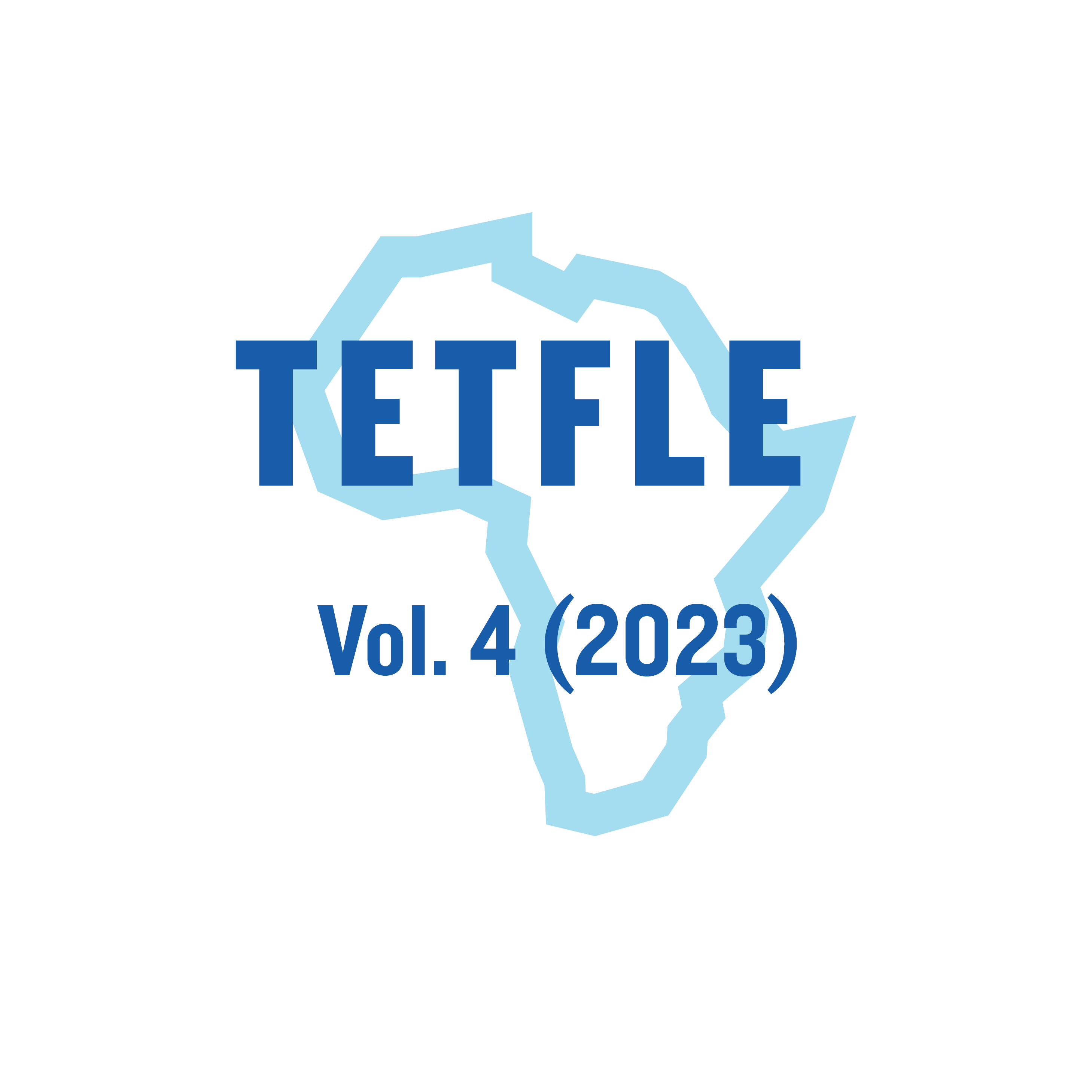Adoption and development of OERs and practices for self-directed learning: A South African perspective
DOI:
https://doi.org/10.35293/tetfle.v4i1.4247Abstract
The use of open educational resources (OERs) within the broader context of open educational practices (OEPs) has many advantages, including the potential to result in self-directed learning, as students take responsibility for their learning. However, despite their vast potential, the promise of OERs has not yet translated into concrete and tangible OER adoption and development in the Global South, and specifically in South Africa. It also seems that the flow of OERs is mostly in one direction, namely from developed to developing country contexts. The purpose of this article is to determine what the literature reveals regarding OER adoption and development in South Africa. Within an interpretivist paradigm and a qualitative approach, we used an integrative literature review to collect data. Two large databases were consulted, and after applying the chosen inclusion and exclusion criteria, six relevant texts were found and discussed. The findings reveal that limited research is available. Furthermore, it became clear that OER planning, adoption and development is a process, and that collaboration and institutional support and leadership play important roles in the state of OER adoption, development and projects. The literature also revealed that despite the benefits of using OERs, there are stumbling blocks to adopting and using OERs in South Africa. Based on the findings, it is suggested that OERs for self-directed learning should advance and develop teaching and learning, by supporting flexibility and openness of learning resources. Lastly, to grow the use of OERs, with specific reference to South Africa, ongoing research on the state of OER adoption and development is needed.
Downloads
Published
Issue
Section
License
Copyright (c) 2023 Geesje Van Der Berg, Charlene du Toit-Brits

This work is licensed under a Creative Commons Attribution-NonCommercial-ShareAlike 4.0 International License.

Authors who publish with this journal agree to the following terms:
Authors retain full copyright and grant the journal right of first publication with the work simultaneously licensed under the Creative Commons Attribution Share-alike 4.0 International License This license lets others remix, adapt, and build upon authors' work non-commercially, as long as they credit the author and license their new creations under the identical terms that allows others to share the work with an acknowledgement of the work's authorship and initial publication in this journal.


